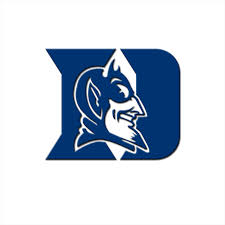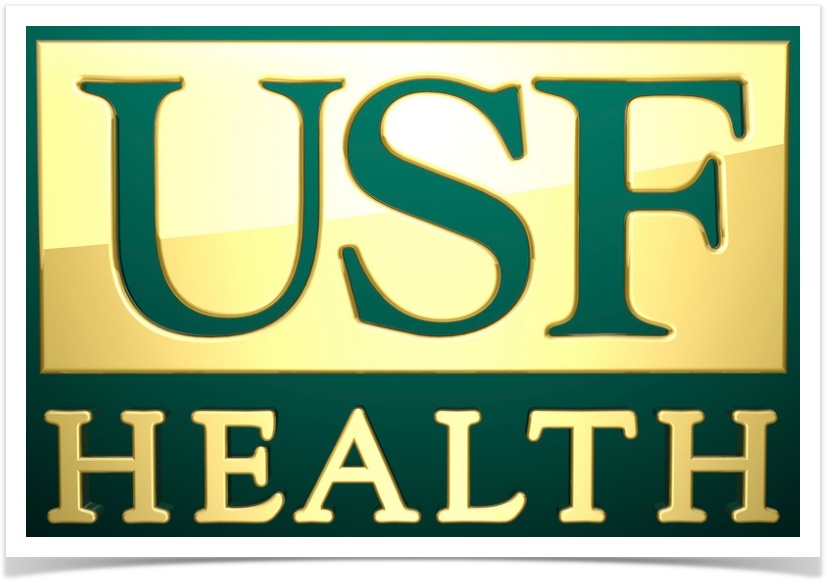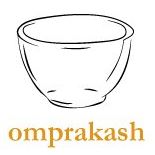
Vanderbilt University
Vanderbilt University was home to MPI’s charter chapter. The chapter was one of the largest student organizations on Vanderbilt’s campus and was involved in five initiatives in the Nashville area. The Vanderbilt chapter sent students on service trips to Nicaragua and Ecuador annually, during both their fall and spring breaks until COVID -19.

Duke University
MPI's Duke University Chapter was inspired by the organization’s original founders at Vanderbilt University, and was founded in the Spring of 2008. Until the COVID-19 pandemic, the Duke chapter served locally and offered English tutoring to Spanish-speaking women, providing child care so participants could focus on learning.

Worcester State University
Worcester State University sent two teams to MPI’s Nicaragua site every year through their Alternative Service Breaks (ASB) program until Covid. In the winter, occupational therapy students accompanied Professor Jackie Brennan to the site, working with partner organization Tesoros de Dios, a school for children with special needs, and providing support for MPI programs while they are in Managua.

University of Georgia
The University of Georgia chapter was founded in 2008 and was the second largest Manna Project chapter, with some of the highest levels of campus participation among members. Until the pandemic, the UGA chapter organized annual spring break trips to each site.

University of North Carolina
The University of North Carolina’s MPI chapter led its first spring break trip to Nicaragua in 2012. Locally, the chapter served with two local initiatives - the Ronald McDonald House and the Habitat for Humanity ReStore, all while focusing on their campus goal of increasing yearly fundraising.

University of Texas - Austin
The University of Texas-Austin chapter became active in 2008 and remained active until the pandemic. In addition to serving at MPI's international sites, this chapter participated in Austin’s annual JDFR Walk for the Cure, an annual diabetes-centered event, and organized events for the annual Boy Scouts of America Sport Classic, a day-long fundraising event for the Boy Scouts of Austin.

University of Michigan
In the spring of 2013, the University of Michigan's MPI chapter was born. Until the pandemic, the chapter worked eagerly and enthusiastically to lead local initiatives through volunteerism at an elementary school in Detroit. The chapter piloted a pen-pal program between elementary school students in Detroit and the children of MPI Ecuador's English class!

Alongside Ministries
Alongside Ministries' mission statement is summarized by their name - to come alongside those that are hurting and in need, supporting them, helping to lighten their load and encouraging them along life's path. As Alongside provides help and support with physical needs, they hope to keep clear the path to faith.

Nicayuda
Nicayuda is a project that seeks to improve the conditions of the preschool community in Managua, Nicaragua.

Antorcha de Vida
Antorcha de Vida provides rehabilitation and education for children with special needs and advocate for the rights of people with disabilities in the Los Chillos Valley of Ecuador. Antorcha de Vida maintains several small gardens and sells the produce to raise additional funds and promote a healthy lifestyle in the community.

Fundación Aliñambi
The Fundación Aliñambi is a local organization that works with at-risk youth through their health center, school and organic farm.

Hogar de la Madre Soltera
Hogar de la Madre Soltera is a shelter for teenager mothers. The shelter is operated by three nuns who work together to help young mothers and their children.

Universidad de las Fuerzas Armadas (ESPE)
ESPE is a university formed to instill academic and professional excellence, to generate, apply and disseminate knowledge, and to propose and implement alternative solutions to issues of public concern in its areas of influence.

The Comprehensive Health Project, in Partnership with The Atkinson Foundation
The Comprehensive Health Project directly serves more than 2,200 community members in Villa Guadalupe, Nicaragua through nutrition interventions, family planning, reproductive health services, and preventative health education for children, youth, women and men. Project objectives include:
- Increased nutrition for 50 at-risk children under 5 identified as clinically malnourished, as well as expectant mothers, typically adolescents between the ages of 14 - 17, who have high-risk pregnancies.
- Access to family planning, reproductive and prenatal health services for 900 community members.
- Increased health through medical interventions, preventative health and sanitation education for 2,200 community members.

The Villa Guadalupe Health Clinic, in partnership with Austin Samaritans
Since 2007, Austin Samaritans and MPI have partnered in Nicaragua to provide healthcare to the community of La Chureca, a community built on the outskirts of the largest open-air landfill in Central America. In 2013, the dump was closed and families were relocated to a housing development called Villa Guadalupe, which is home to 4,700 individuals who are either former residents of the La Chureca or victims of flooding. With Austin Samaritans’ support, MPI operates Clínica Médica MPI, also known as the Villa Guadalupe Health Clinic. Clínica Médica MPI provides primary care and OB-GYN specialist care to Villa Guadalupe, and the surrounding neighborhoods of Carlos Nunez and Los Martinez.

The Cedro Galán Community Center, in partnership with the Dorotheau Haus Ross Foundation
The Dorothea Haus Ross Foundation (DHR) awarded Manna Project International (MPI) an $8,000 grant to purchase the El Farito Community Center, provide supplies to facilitate creative learning opportunities for 200 underserved children, and equip a primary healthcare clinic to meet the unique health and nutritional needs of children in Cedro Galán, Nicaragua. Previously the DHR Foundation also awarded Manna Project funding to expand our children's summer camp in Guatemala. Partnership with the DHR Foundation allows MPI to meet the ongoing health and educational needs of children and families in these communities.

Preparing At-Risk Youth for Employment, in partnership with E-Gap
The Education Global Access Program (E-Gap) is partnering with Manna Project International in Ecuador to implement courses in the community of Rumiloma. This pilot program is to benefit at-risk youth in the community. Students enrolled in the course learn computation and skills such as word processing, spreadsheets, and navigating the internet, all in the context of creating a mock small business. The curriculum, developed by E-Gap in 2014, relies on a series of web-quests which emphasize research, higher-order thinking, independent initiative, and teamwork. Students build confidence and learn the skills they need to succeed in business. At the completion of the course they enter into a 100-hour internship at a local business so they can apply their skills in a real-world setting, build their resumes, and establish connections with business owners so that they are better positioned to secure future employment in the formal market.

Life Skills & Lacrosse, in Partnership with Lacrosse the Nations
Lacrosse the Nations (LtN) unifies the lacrosse community to sustainably improve education and health while creating joy and opportunity for children in need. Lacrosse the Nations uses the sports field as a platform to teach students valuable life skills and health education, while ultimately bringing joy to their lives. In partnership with MPI, LtN reaches over 1,100 children and youth each year in the communities of Cedro Galán, Chiquilistagua, and Villa Guadalupe.

The HEAL Project, in partnership with the SG Foundation
Since 2013, The SG Foundation and MPI have worked together to alleviate suffering and improve quality of life for an estimated 3,260 Nicaraguans through The Health, Education and Livelihoods (HEAL) Project. The HEAL Project helps families and individuals to improve their situations in the midst of impoverished conditions. Together, we are responding to root problems that contribute to poverty – a lack of health care, insufficient education, and few opportunities to earn a wage equal to the cost of living.

The Cedro Galán Health Clinic, in partnerhip with USF Health
USF Health and MPI are collaborating directly with the Cedro Galán community to improve overall health and well-being through access to the Cedro Galán Health Clinic. Our partnership creates an incredible opportunity for synergy and mission achievement for both organizations while directly benefiting the community. By participating in the project, USF Health will be able to employ a multidisciplinary approach to health challenges while addressing health disparities internationally. The partnership will also serve as an avenue through which students and faculty from multiple colleges at USF can collaborate and channel their knowledge, expertise, and passion to address the root problems affecting the community’s overall health.



























